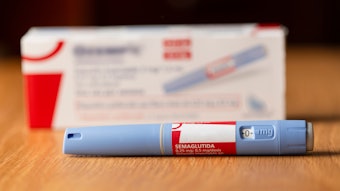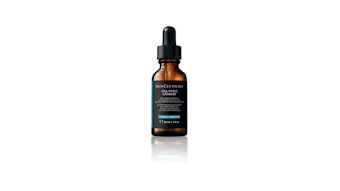
The American Academy of Dermatology has issued the following guidance on the use of biologics during the COVID-19 outbreak:
Due to the recent pandemic, there is concern about the immunomodulatory effects of biologic therapy in the context of coronavirus (COVID-19). Currently, the Centers for Disease Control and Prevention (CDC) and the World Health Organization (WHO) have no guidelines on the use of biologics during the pandemic. In addition, there is no data on the specific risk of COVID-19 infection with biologic therapy. Specifically, we do not have direct evidence to support any preferred biologic class or mechanism-of-action with regard to COVID-19 infection risk at this moment; although we will continue to monitor the situation as more data becomes available.
A main priority for dermatologists, at this point, is to keep our patients out of emergency rooms and urgent care so as to not tax the healthcare system unnecessarily. Dermatologists must delicately balance the risk of immunosuppression with the risk of disease flare requiring urgent intervention. Therefore, the Academy strongly recommends that patients should not stop biologic therapy without consulting their physicians. To better serve patients and their physicians, the Academy is putting forth the following interim recommendations.
Patients already on biologic therapy
1) Patients on biologic therapy who have not tested positive or exhibited signs/symptoms of COVID-19: There is insufficient evidence to recommend discontinuation of biologics at this time. Physicians should continue to weigh the risk vs. benefits of the use of biologic medication on a case-by-case basis. The discussion, at the level of the individual patient, should include the original indication for the biologic, the severity of the original indication, the patient’s age (whether they are >60 years old) and comorbidities.
Comorbidities that may put patients at higher risk for serious illness from COVID-19 include serious chronic medical conditions such as cardiovascular disease, diabetes, severe hypertension, liver disease, kidney disease, respiratory system compromise, internal malignancies or tobacco use, among others.1-3
2) Patients on biologic therapy who have tested positive for COVID-19: We recommend physicians discontinue or postpone the biologic therapy until the patient recovers from COVID-19, consistent with guidelines on the management of patients with active infections on biologics therapy.
Patients not on biologic therapy
3) Patients being considered for biologic therapy initiation: We recommend physicians assess the risk vs. benefits in low-risk patients before initiating biologics therapy on a case-by-case basis. In a high-risk population (e.g.: individuals 60 years and older, or patients with recognized comorbidities such as cardiovascular disease, diabetes, severe hypertension, liver disease, kidney disease, respiratory system compromise, internal malignancies or tobacco use, among others), we recommend that physicians consider deferring initiation of biologic therapy. Alternative therapeutic approaches can be considered to treat high-risk patients. This document was prepared on March 18, 2020, and will be updated as new data evolves in this area.
For more information, visit www.aad.org.











